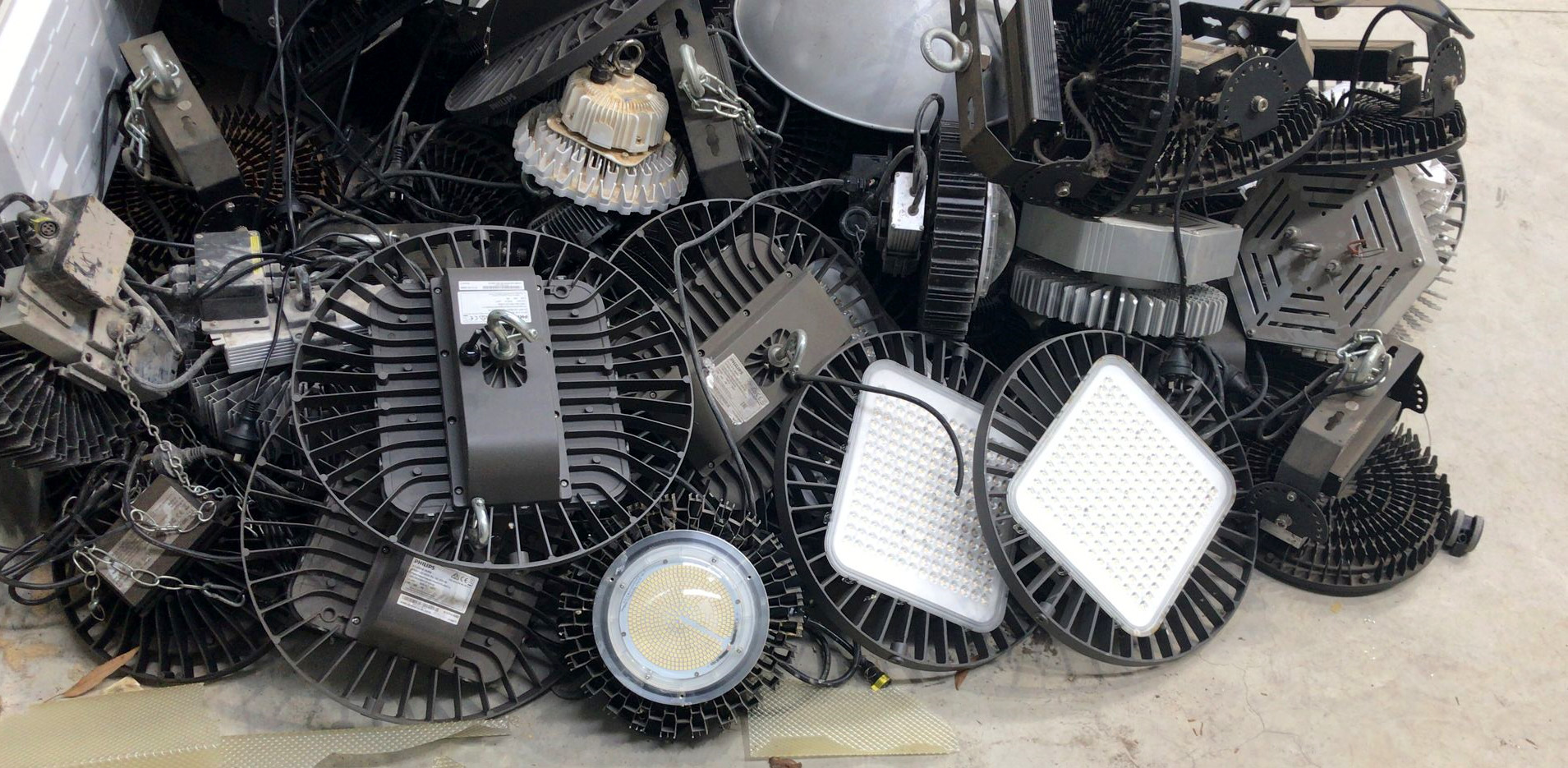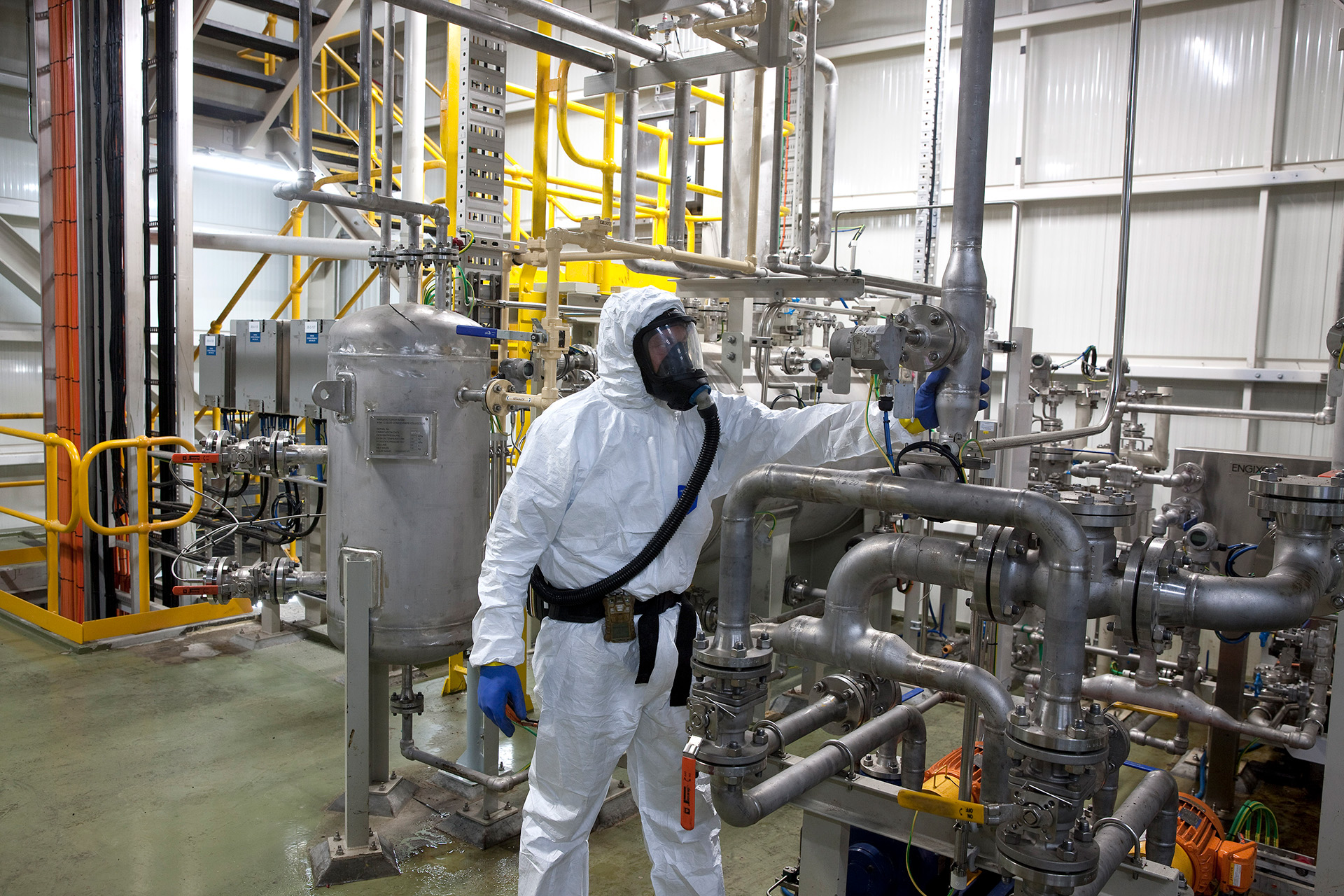Recycling at home is easy. Just drop all recyclable items in the council-provided bin, and that’s it. The cost is covered by the annual council rates so we don’t give them a second thought.
The situation is a bit different for businesses. Recycling is often a net cost and the natural inclination is to avoid it. But there are many reasons why businesses should recycle as much as possible, and, as it happens, a major reason is to improve the bottom line.
66% of customers prefer socially responsible businesses
According to a 2012 Neilsen study, two-thirds of consumers around the world say they prefer to buy products and services from companies that have implemented programs to give back to society.
As more businesses adopt sustainability policies, the recycling activities of potential suppliers are coming under closer scrutiny.
Many retailers can gain an additional benefit by getting involved in public recycling programs. There are a range of options to set up collection services that will bring people into stores, many of whom will then become customers.
Your employees will feel good about what they do
Want to have more engaged, proactive and motivated employees? Be a cause, not just a business. Employees respond well to challenges, particularly when they result in a widespread good such as a cleaner environment. The team spirit created by having a wider sense of purpose flows through to day-to-day business activities, too.
Working on maximising the range and volume of business-produced waste that can be diverted to recycling is one way of involving employees. Another is to offer staff the opportunity to recycle items from home that they can’t put in council recycling bins. In-office battery and fluorescent lamp collection programs are two popular options that are easy to set up.
Reduce costs in your business
Even for small businesses, recycling can save money. Waste companies often charge less to empty bins of mixed recyclables than for general waste. The soft drink cans, plastic bottles and paper in the recycling bin can all be sold with the proceeds offsetting some of the collection costs. That’s in contrast to non-recyclable waste that faces landfill fees when it reaches its final resting place.
Larger companies may be able to pursue even more cost-effective forms of recycling by keeping waste streams separate. Paper and cardboard is one high-volume “waste” type that many businesses sell to generate a net profit. Glass, some metals and even used cooking oil are all materials that other businesses are willing to pay for.
Get your business running more efficiently
Every time something gets thrown out it represents a loss to the economy. It takes with it physical materials along with the energy put into its manufacture and transport. Waste is an indicator that we are not running the economy, or a business, as efficiently as we might.
A review of how a business generates and deals with waste can be quite revealing. To begin with, it should look at options that avoid the creation of waste in the first place. Then it can examine reuse and recycling options for each type of waste. Becoming more efficient in the way materials are managed provides a direct benefit to the bottom line. This isn’t just theory. Visit the Business Recycling website for inspiring stories on how real businesses have lifted both recycling performance and their profits.
Start recycling in your business
If your business has battery, lighting or electronic waste, then get in touch with us on 1300 32 62 92 or fill out the form below, and one of our experts will be pleased to design an integrated recycling solution for your business.






